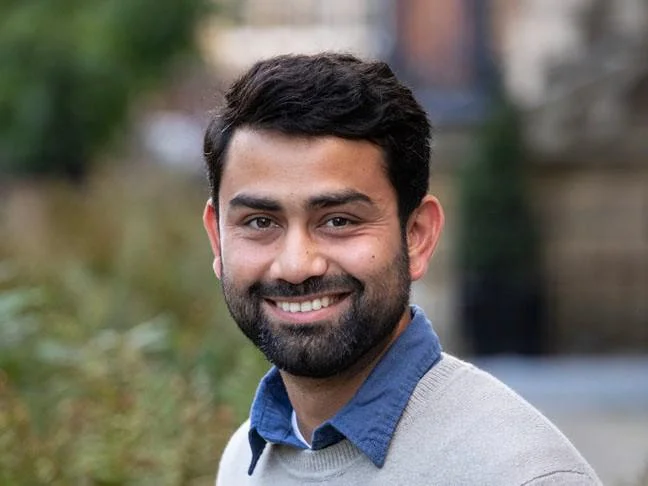The impact of climate change and environmental externalities in developing countries: a Q&A with Azhar Hussain
Azhar Hussain is a PhD candidate in the Department of Economics
Green transition in the power sector is one of the key focus areas when one thinks about addressing climate change issues.

What are you currently researching?
I am researching the impact of climate change and environmental externalities in developing countries. One of the projects that I am working on right now tries to estimate the effect of flooding on the manufacturing sector in Indonesia. In another, more preliminary work, I am trying to understand the drivers of climate action.
Why did you choose this area of study?
I chose this research area primarily because of its policy relevance and the scale of issues that it tries to tackle. I find this research area to be extremely relevant for addressing current policy challenges, as well as a guide for future policymaking to avoid the traps that could lead to suboptimal outcomes for society in the long term.
How will your research have a wider impact on society? Can you give some real-world examples of the impact your research will have?
Green transition in the power sector is one of the key focus areas when one thinks about addressing climate change issues. In my recent work, I am trying to look at the impact of coal-fired power plants on people’s perceptions about ambient air quality, and how it could be used as an engine for green transition at the global scale. Since my work is focussed on analysing environmental externalities, it is something that is of paramount importance to each and every society in the world, regardless of their socio-economic and cultural outlook.
What have been the highlights of your research work so far?
I have been working on some granular, geo-coded data and remote-sensing data for one of my projects, and I am still amazed at the potential returns of using such datasets. One can not only tackle a variety of research questions that are implausible to approach with the aggregated data, but also help design bespoke policy measures, which are much more acceptable to local communities, to tackle a common problem.
What advice would you give to prospective students on the most effective way to approach research and keep stress levels down?
I would say that the most important reason for doing research should be a genuine interest in the research topic. You are going to spend months working on a problem, and one of the things that motivates you to keep pushing is your urge to uncover some important facts. Given all the ups and downs that one faces in a research project, it is easy to lose sight of the goal, and that’s where the interest part disciplines you.
A healthy amount of stress is necessary for all of us to continue doing our work, but it’s not good if it starts affecting your personal life and/or makes you lose interest in your work. So, personally I would suggest being regular with any sport or outdoor activity that you enjoy.
In a few words, what is the best thing about studying at LSE?
Studying at LSE gives me easy access to some of the best people around the world, who are doing research on my topics of interest. Moreover, having stimulating discussions with world-class academics opens new research paths that one could take. And, most importantly, rigorous cross-examination and validation of research methods and outcomes through seminars at LSE helps with fine-tuning the existing research.
Lastly, one cannot discount the importance of living in a vibrant city, like London, for the duration of a PhD, which is typically six years in economics.